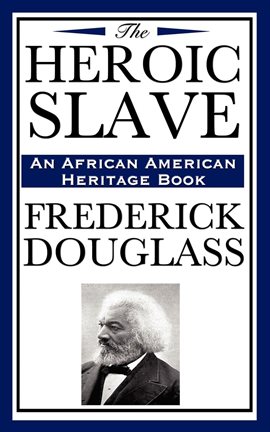

Listwell is in a tavern and reveals that he has traveled 40 miles (64 km) that day. Listwell gives Madison a new coat and provisions and helps him escape to Canada. However, a great fire caused Madison to lose his hiding place, which is why he ran to see Mr. He met with his wife who regularly gave him food and provision, and for five years hid in the woods. Unable to find his way to the North, he returned to his plantation a week later. Listwell saw him, he left his wife and children to escape and seek freedom. Listwell tells Madison he remembers him from so many years before, and asks him where he has been all of this time. Listwell is more than willing to help him escape. Madison Washington is running from slavery, and Mr.

Listwell is sitting at the table with his wife when they hear a knock at the door. In Part II, the story moves ahead five years. Listwell, a free white man, secretly watches him in silence. Part I opens as Madison Washington carries a heavy load through the woods, lamenting his condition under slavery. A total of 135 slaves gained freedom there, becoming the largest and most successful slave rebellion in United States history. They succeeded in taking control of the ship en route from Virginia to New Orleans (known as the coastwise slave trade), and ordered it sailed to Nassau, Bahamas, a British port.

The Heroic Slave is a fictional work inspired by the Creole case, in which Madison Washington, an enslaved cook on the brig Creole led a ship-board rebellion of 19 slaves in November 1841.

Jewett and Company, was Douglass's first and only published work of fiction (though he did publish several autobiographical narratives). The novella, published in 1852 by John P. When the Rochester Ladies' Anti Slavery Society asked Douglass for a short story to go in their collection, Autographs for Freedom, Douglass responded with The Heroic Slave. The Heroic Slave, a Heartwarming Narrative of the Adventures of Madison Washington, in Pursuit of Liberty is a short piece of fiction, or novella, written by abolitionist Frederick Douglass, at the time a fugitive slave based in Boston.


 0 kommentar(er)
0 kommentar(er)
